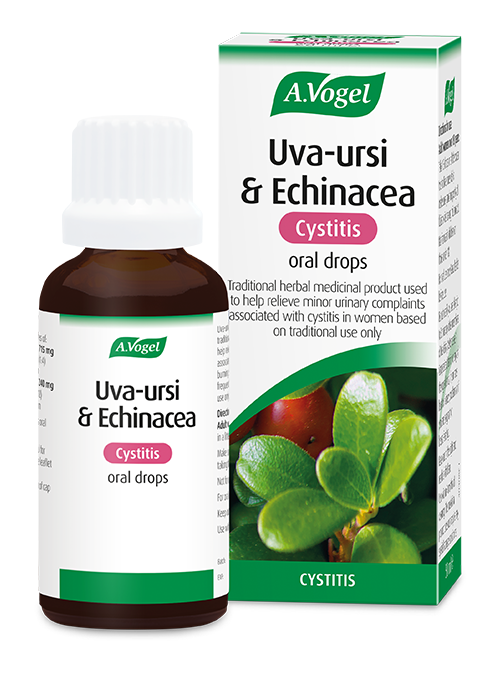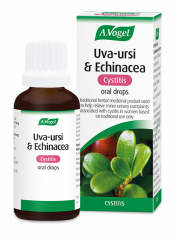An introduction to frequent urination
Finding yourself running to the toilet more often than usual can not only be inconvenient and troublesome, but is one of the most common symptoms of cystitis. For many people, cystitis brings with it an increased urge to go to the toilet, but this does not always mean the passing of large amounts of urine. Instead, a bladder infection can mean that you feel that you need to go to the toilet a lot, but are only able to pass small amounts of urine.
Why does cystitis cause frequent urination?
Cystitis is an inflammation of the bladder, most often caused by an infection. This can cause the lining of the bladder to become irritated. It makes sense that urine can cause further irritation to an already sensitive bladder. Thus, the bladder tries to expel any urine as quickly as possible, hence the increased urge to go to the toilet while, simultaneously, passing very small amounts of urine.
This frequent urination is not linked to bladder size, but is more to do with the amount of urine your bladder can tolerate storing at one time. Often an increase in trips to the toilet is one of the first indications that you may have a bladder infection developing.
Self-help, lifestyle and diet for frequent urination
Many people are inclined to cut down the amount they are drinking as they do not want to go to the toilet too often. However, if you have a bladder infection it is important to keep drinking plenty of water. Water will dilute your urine, reduce symptoms of burning or pain, and also help to flush the infection out of your body, while other types of drinks, such as sugary or caffeinated drinks and alcohol, can irritate your bladder or create an environment in which bacteria thrive.
The important thing to remember is that treating the underlying cause, the bladder infection, will bring the most lasting and effective relief from your symptoms. For this reason, if you are prone to recurring cystitis, it may be worth considering simple diet and lifestyle changes.
Certain types of food irritate the bladder and act as diuretics, making you run to the toilet more frequently. These triggers may vary from person to person, but if you notice that certain types of food trigger your symptoms more than others, take steps to eliminate these from your diet to see if this improves your symptom. Common triggers include caffeinated food and drink, spicy food and artificial sweeteners.
Certain food types, however, may cleanse the bladder, helping to relieve irritation and frequent urination. These can include brown rice, barley, potatoes, bananas, cherries and cranberries, or cranberry juice although, again, this can vary from person to person.
Read our blog for more on what the research says when it comes to Cranberry Juice for cystitis.
Additionally, take steps to ensure that your diet does not cause you to become constipated. This involves eating a balanced diet containing an adequate amount of green vegetables and dietary fibre, such as that found in brown rice, prunes and beetroot. This will prevent a build-up of faeces in the bowel putting pressure on the bladder and causing you to feel the urge to go to the toilet so frequently.
Are there herbal remedies to help me?
Many people look to herbal remedies for cystitis, particularly if they frequently experience bladder infections. This is because they can be used long-term, both in treatment and prevention.
Alfred Vogel was a great believer in treating the root cause of a problem, and so herbs that are thought to tackle the cystitis causing your symptom of frequent urination may give you the most effective and lasting relief.
Uva-ursi is a herb that disinfects the bladder, helping to clear up an infection quickly. Cranberry is thought to prevent the bacteria that cause cystitis from sticking to and colonising on the bladder wall, thus reducing your chances of developing infection. These two herbs can be taken simultaneously to help speed recovery and prevent recurrence.
What about conventional medicines?
There are many types of drugs that a doctor can prescribe for frequent urination. These may work by reducing central nervous system activity, by changing muscular control of the bladder or by soothing the nerves in the bladder.
However, if your frequent urination is caused by a bladder infection, these types of drugs are unlikely to be effective, as the most successful treatment will be one which clears the bladder of the infection. For this reason, your doctor is far more likely to prescribe antibiotics.
In some cases, such as with a mild infection, antibiotics will not be necessary, and a doctor would suggest treating your symptoms at home. If it is the first time you have experienced a bladder infection, or the infection is severe, it is important to check your symptoms with your doctor.










